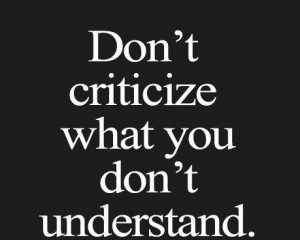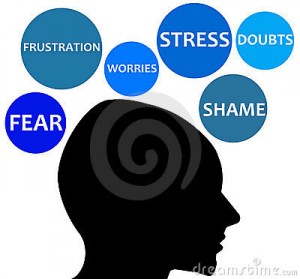 There is an interesting thought about stress and that is that stress is not bad for us. Stress does not mess us up. Our body’s reaction to the stress is the problem. In the time period when ‘humans’ had to be aware of attacks from wild animals the stress was brief and acute.
There is an interesting thought about stress and that is that stress is not bad for us. Stress does not mess us up. Our body’s reaction to the stress is the problem. In the time period when ‘humans’ had to be aware of attacks from wild animals the stress was brief and acute.
But in today’s world we do not have to generally contend with lion attacks. Instead of the stress being brief and acute though – the stress we deal with today is more mental and comes from worrying about things. Our bodies are not designed to contend with that continuous, month after month, year after year of destructive overload of stress. It is this kind of stress that produces all sorts of long lasting negative effects. Not the least of which results in ANGER.
We were not built to deal with continuous acute stress – raising our blood pressure, building plaque in our arteries and leading to heart attacks. How can you stress guard your life? While these steps are simple and while there is really no way to completely eliminate stress nor would you really want to do that – you can take some steps to reduce your stress and promote peace in your life.
- Exercise – Walking, running, martial arts, yoga are all simple ways of staying active.
- Diet – A healthy diet with reduced sugar intake and affect your mood and coping ability.
- Sleep – Not enough sleep or having it interrupted at the wrong times can make you feel more stressed and irritable.
- Relaxation / Meditation – Simple deep breathing both when you are feeling stress and just as a practice can help you cope with the daily issues that are facing you.
Managing anger begins with taking care of ourselves and managing stress. Just knowing that we are doing the right things for ourselves puts us on the right path.





